Your Reliable Partner in Game Console Supply
Competitive Prices · Flexible Terms · Long-Term Growth

Many people feel nostalgic about retro games like Super Mario. But is buying old consoles just about reliving childhood memories, or is there more to it?
Retro game consoles offer affordable, simple fun that modern gaming can’t replicate. They provide nostalgic value, budget-friendly options, and family-friendly gameplay without complex systems or steep learning curves.
Modern games dazzle with graphics but often overwhelm with controls and long tutorials. Retro games cut straight to the fun. They remind us why we fell in love with gaming in the first place.
Are Retro Games a Good Investment?
Some collectors wonder if classic games1 will grow in value. Could that dusty NES in your attic be worth serious money?
While rare retro games can appreciate, most won’t skyrocket in price. Focus on enjoyment over profit unless you specialize in collecting rare editions.
The retro game market2 has boomed, but not every title becomes valuable. Here’s what affects prices:
- Rarity: Limited-edition cartridges or consoles sell for more.
- Condition: Unopened, pristine items fetch premium prices.
- Demand: Iconic franchises (Zelda, Pokémon) hold value better.
Investing in retro games requires research. Common games rarely surge in price. But for enthusiasts, playing them is priceless.
What Old Consoles Are Worth Buying?
With so many retro consoles available, which ones give the best experience for the money?
The Nintendo Entertainment System (NES)1, Sega Genesis2, and PlayStation 1 are top picks. They have huge game libraries, reliable hardware, and strong nostalgia appeal.
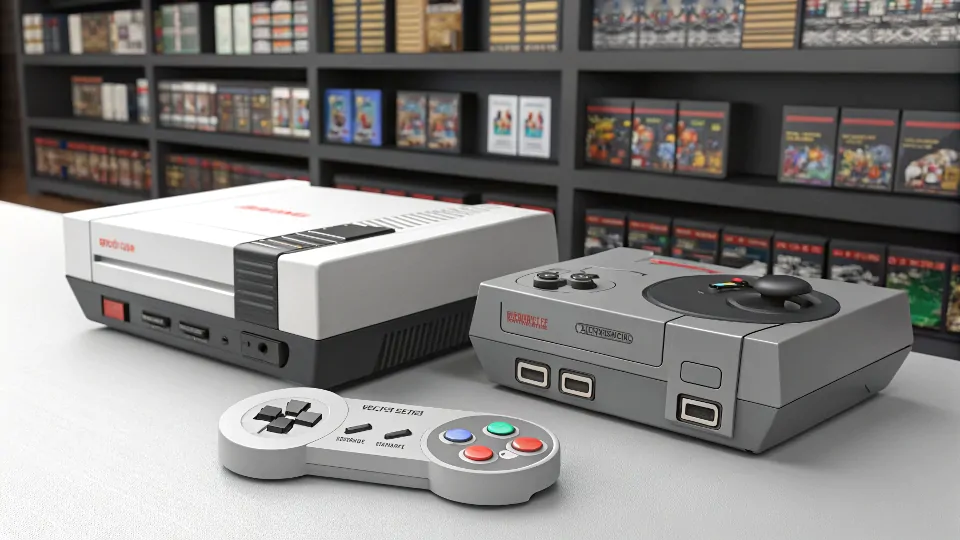
Not all old consoles age well. Here’s how popular options compare:
| Console | Best For | Avg. Price | Notes |
|---|---|---|---|
| NES | Classics like Mario | $50–$100 | Durable, easy to repair |
| Sega Genesis | Fast-paced action | $60–$120 | Great sound chip |
| PS1 | Early 3D games | $40–$80 | Discs may degrade |
Avoid obscure models with few games. Stick to well-supported systems with available accessories.
Should You Buy Second-Hand Consoles?
Used consoles are cheaper, but is the risk worth it?
The Nintendo Entertainment System (NES), Sega Genesis, and PlayStation 1 are top picks. They have huge game libraries, reliable hardware, and strong nostalgia appeal.
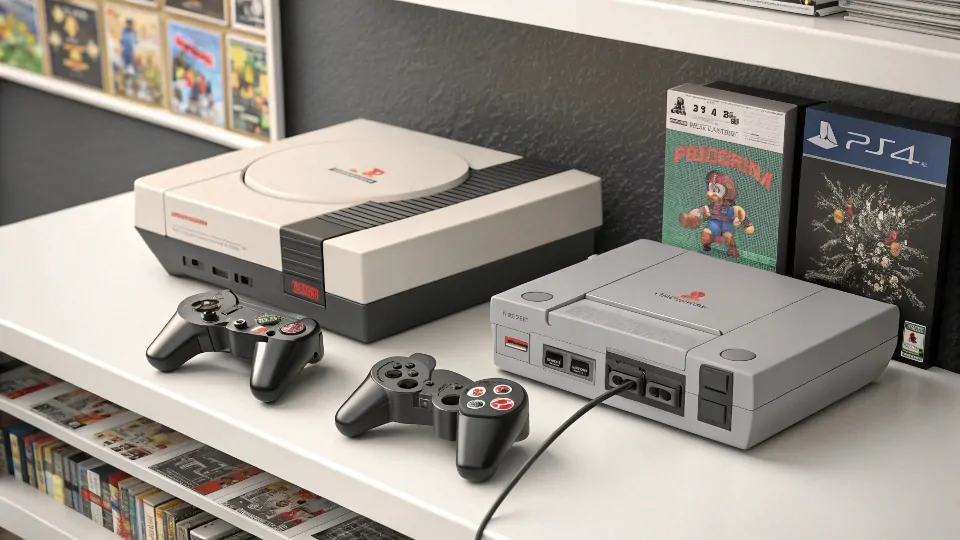
Buying used has pros and cons:
Pros:
- Lower cost
- Eco-friendly (reusing electronics)
Cons: - No guarantee of lifespan
- Possible hidden defects
Ask sellers for demo videos. Local shops may refurbish units safely.Will Retro Games Go Up in Price?
Prices for some retro games have soared. Will this trend continue?
Except for rare titles, most retro games will stabilize in value. Early Pokémon or sealed NES games may keep rising, but common games likely won’t.
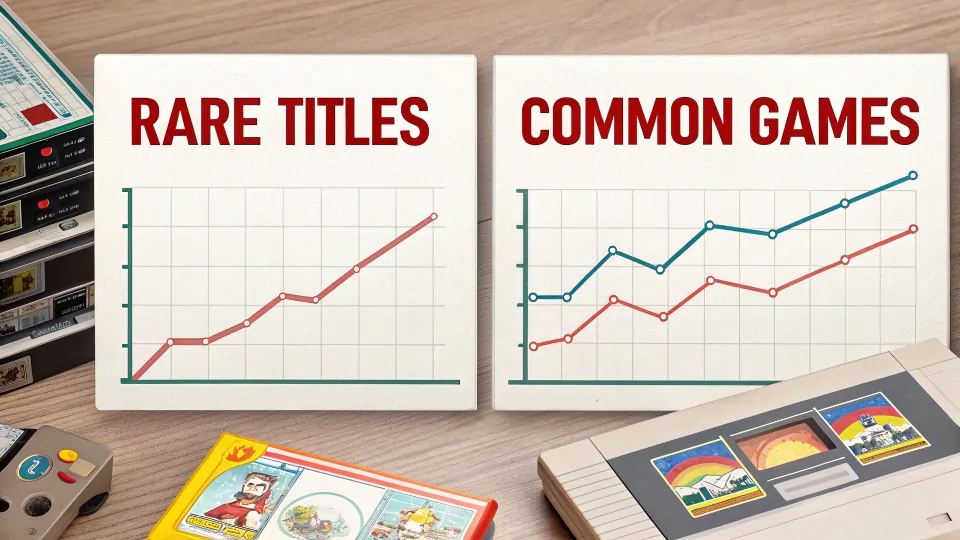
Factors that could slow price growth: - More re-releases (Switch Online, mini-consoles)
- Emulation access
- Younger gamers favoring modern titles
Collectors should target iconic, limited items rather than bulk purchases.Conclusion
Retro consoles deliver nostalgia, simplicity, and fun. While not all become investments, they offer timeless enjoyment for gamers of all ages.
You may also be interested in:
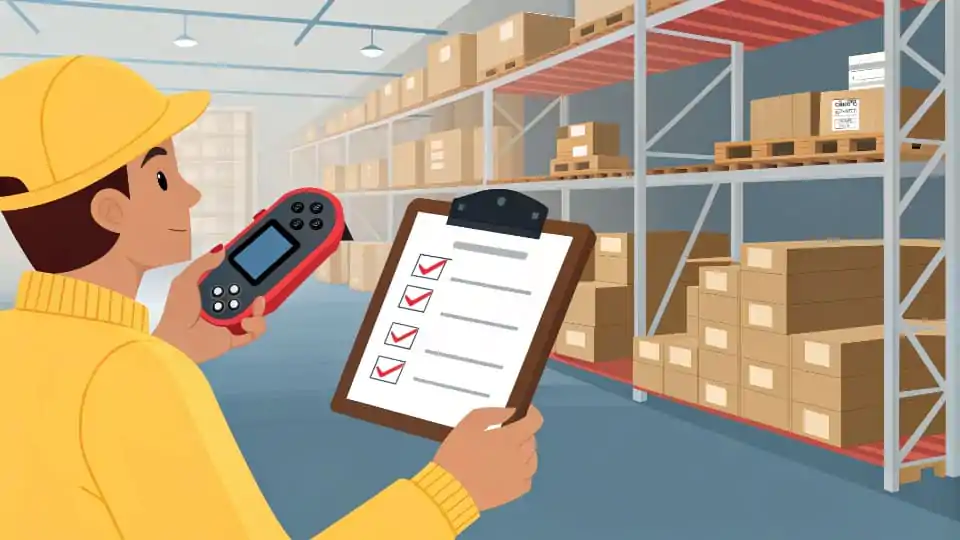
How to Avoid Common Mistakes When Wholesaling Game Consoles?
Sourcing game consoles in bulk can be profitable, but many dealers lose money due to avoidable errors. Let me share how to sidestep these pitfalls.
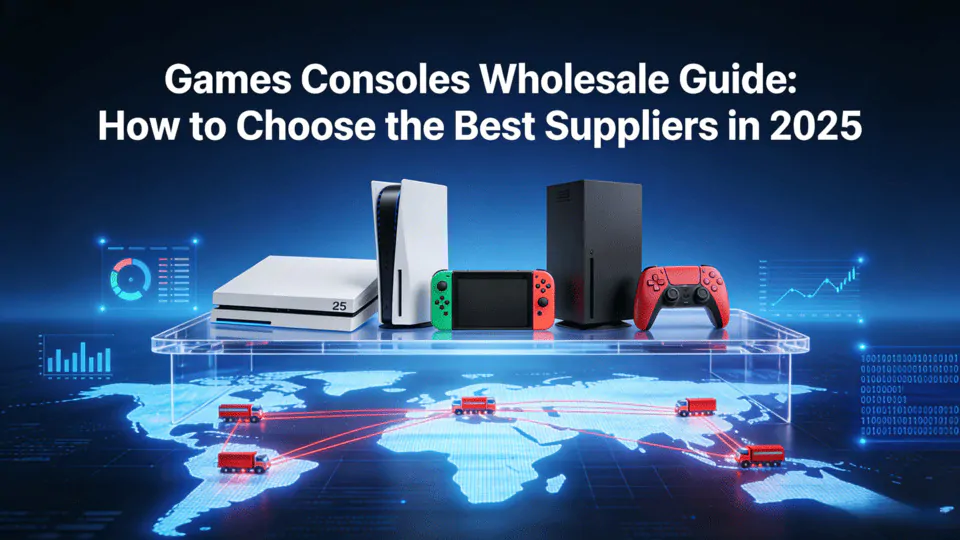
Games Consoles Wholesale Guide: How to Choose the Best Suppliers in 2025
The gaming industry is booming, and picking the right supplier can make or break your business. Don't fall for cheap traps. Quality matters more in
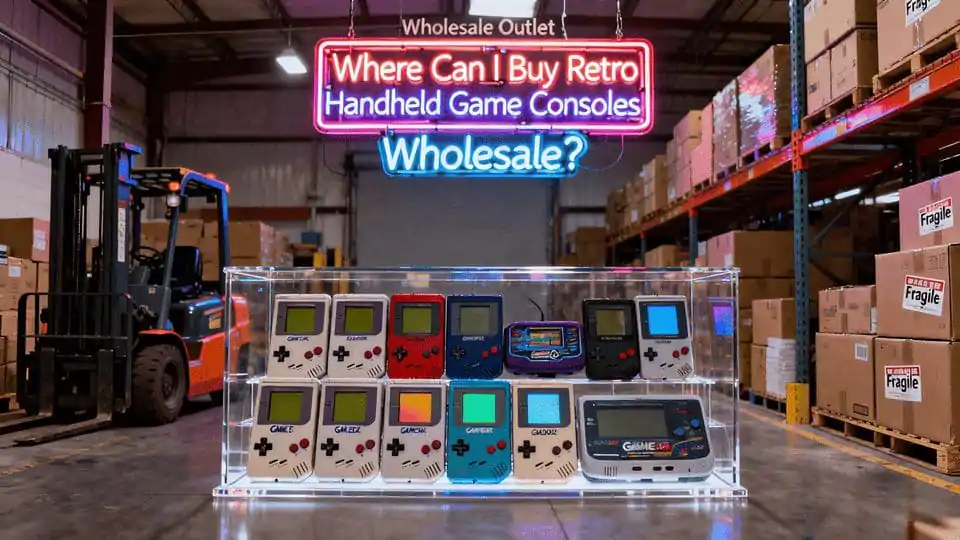
Where Can I Buy Retro Handheld Game Consoles Wholesale?
Looking for reliable wholesale retro handheld consoles? The market is flooded with options, but quality varies. Avoid cheap imitations and unstable supply chains—your business deserves

Is a Video Game Console the Best Gift for the New Year?
Phones replaced conversations during holidays. Game consoles bring families together again. Laughter fills the room as players compete on shared screens. Modern game consoles reconnect

Is it bad to give your child a game console as a gift?
Many parents worry about buying game consoles for kids. They fear it might harm their development. But is this fear justified? Let us explore the
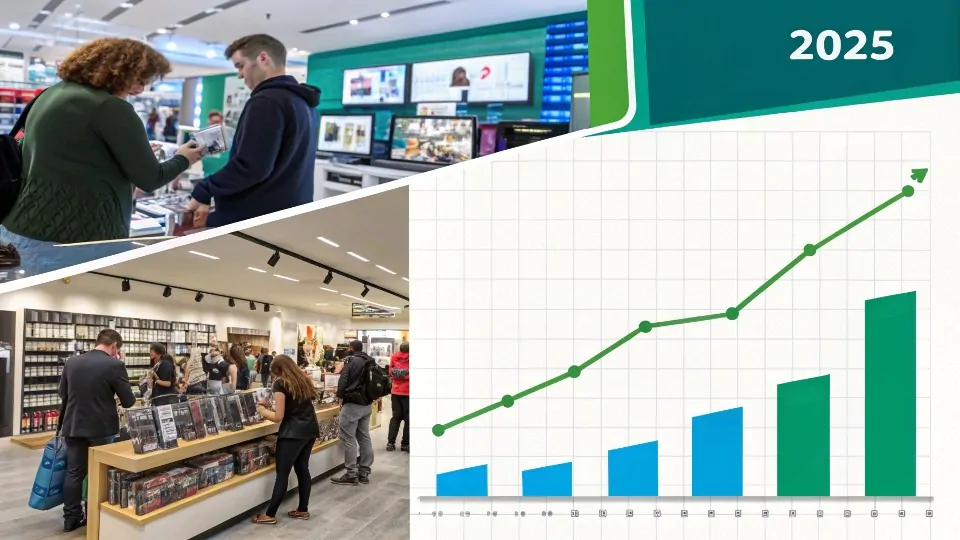
Offline Game Console Sales in 2025: Why Brick-and-Mortar Still Matters
Introduction While online sales are projected to account for 52.7% of global gaming console purchases in 2025, offline retail remains indispensable—especially for hands-on experiences, instant





